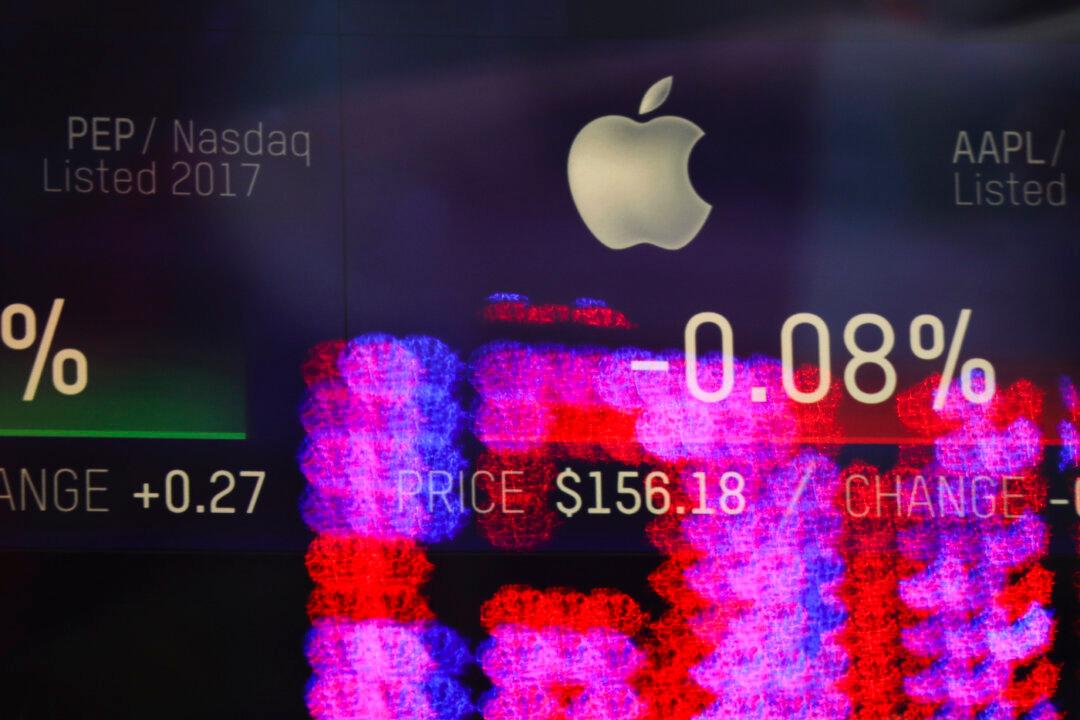Apple has announced plans to raise salaries for U.S. workers by at least 10 percent in a tight labor market that’s pushing companies to boost wages to attract and retain workers who face growing cost-of-living pressures from high inflation.
The tech giant said in a statement that it is expanding its compensation budget, hiking the minimum starting wage to at least $22 per hour.





